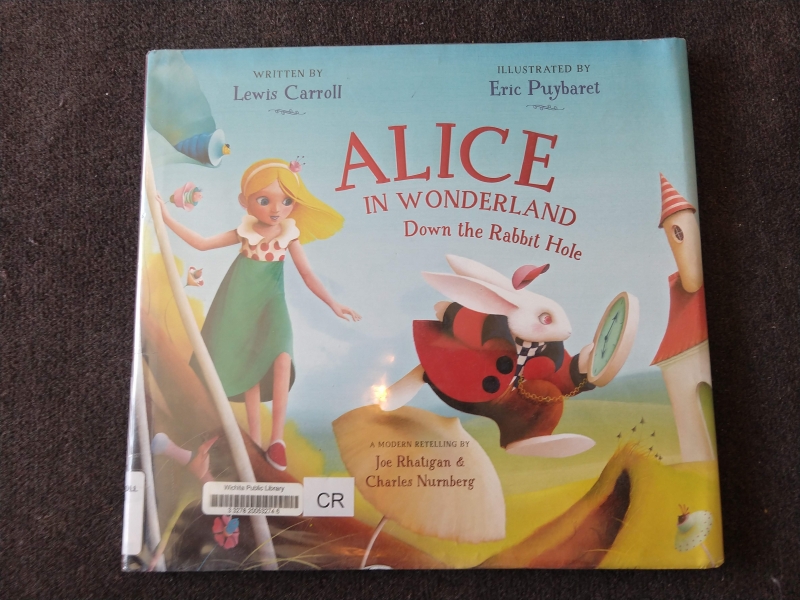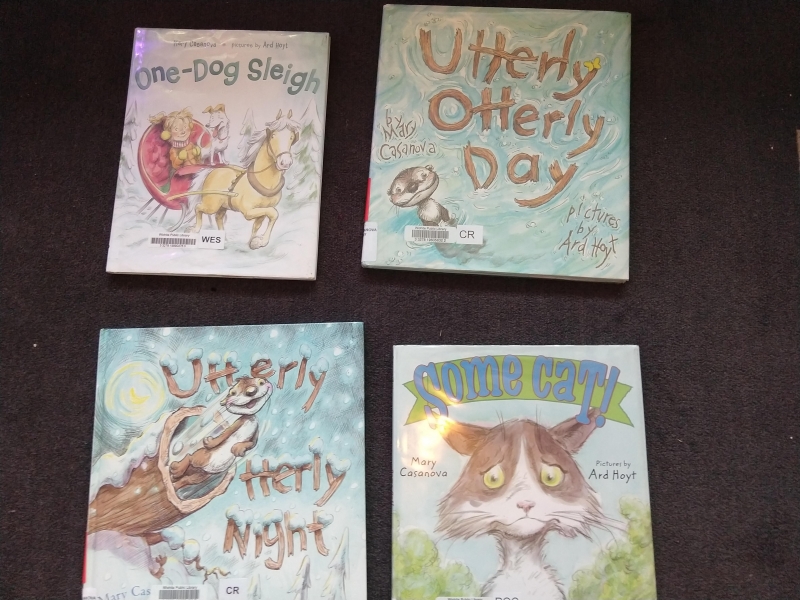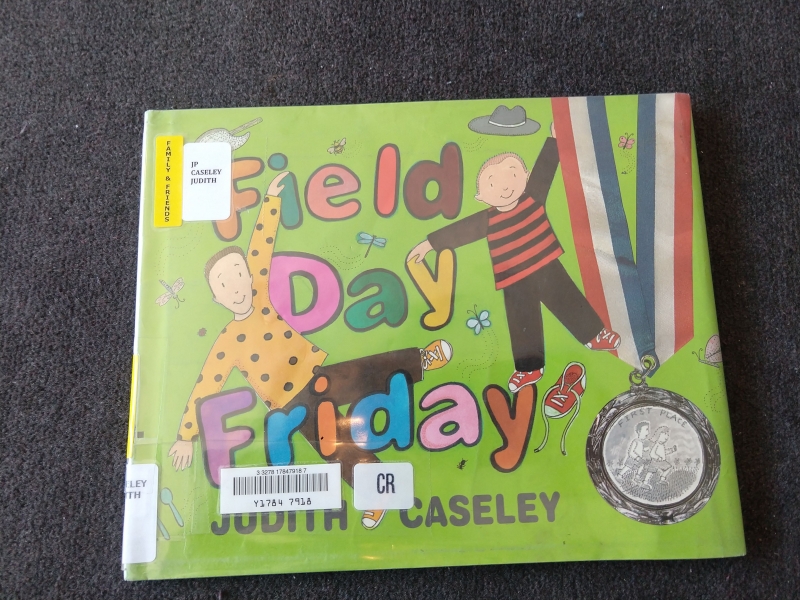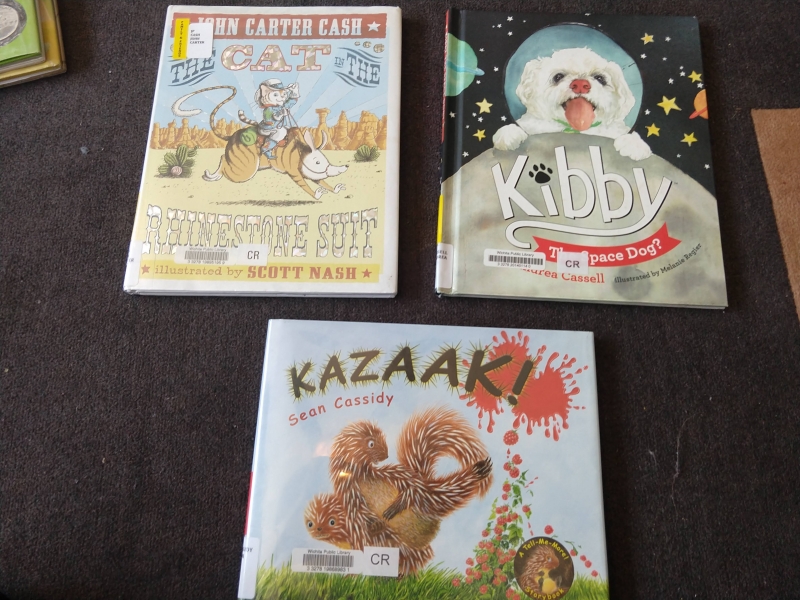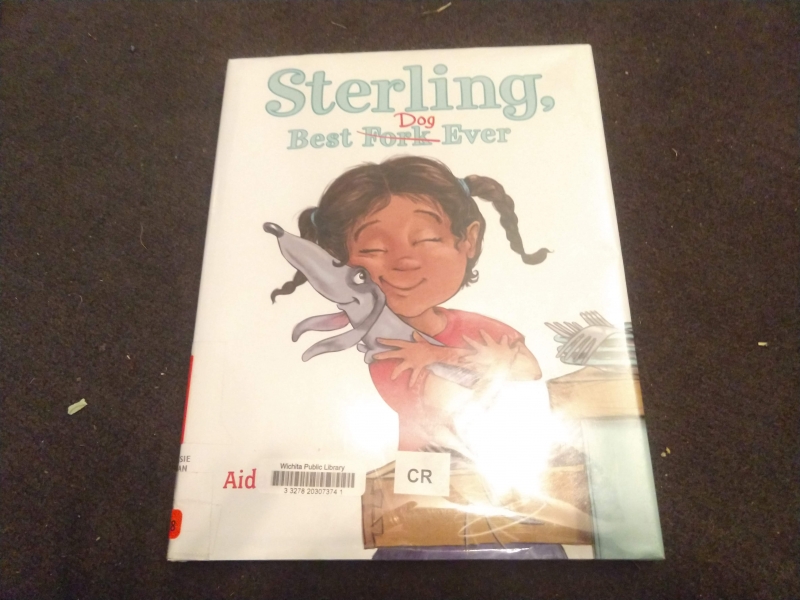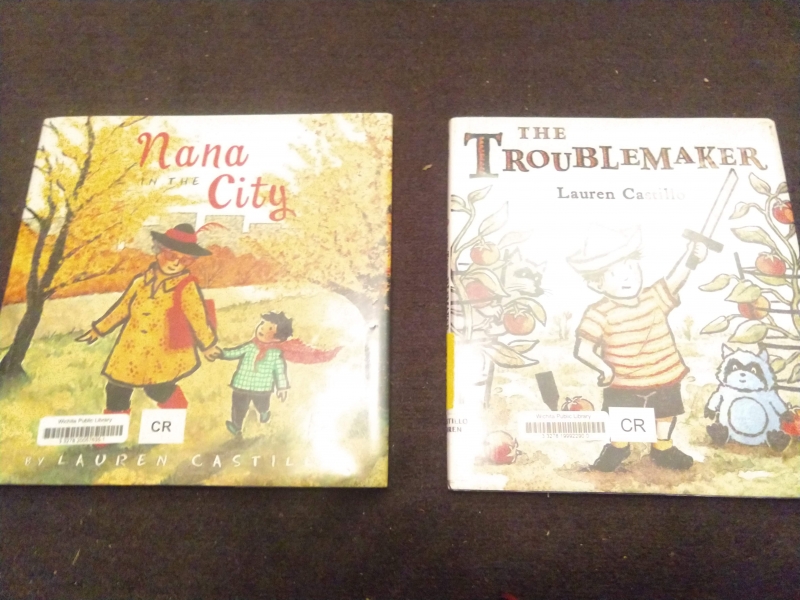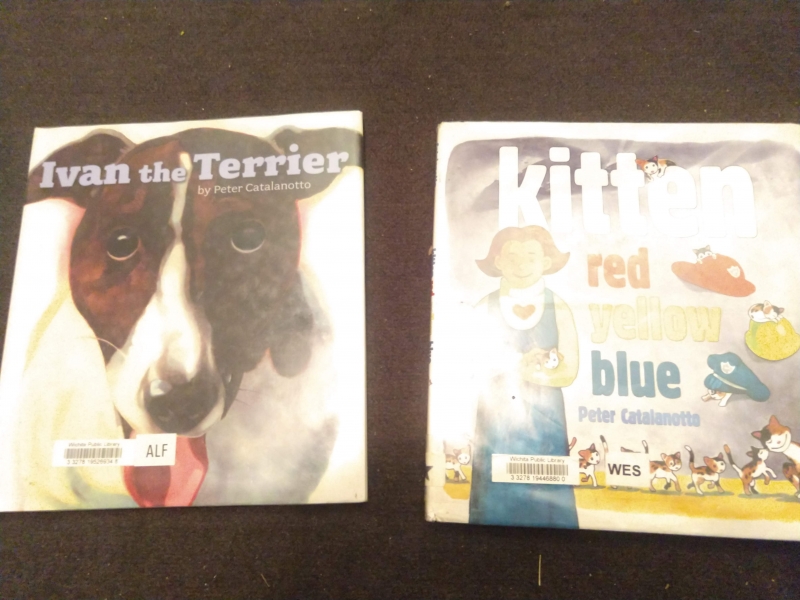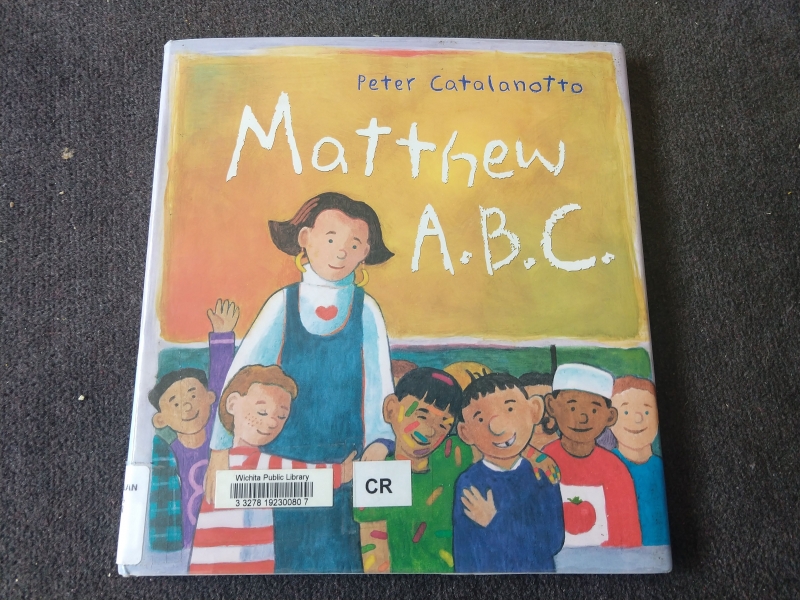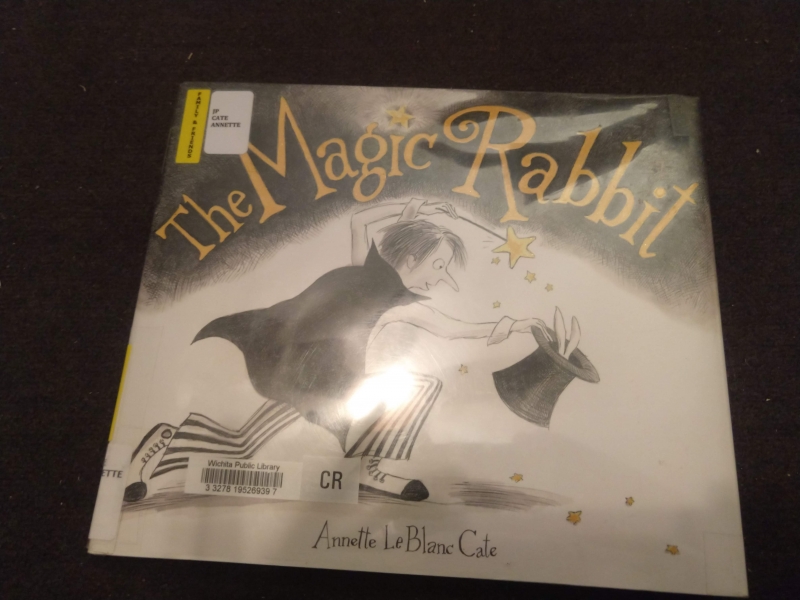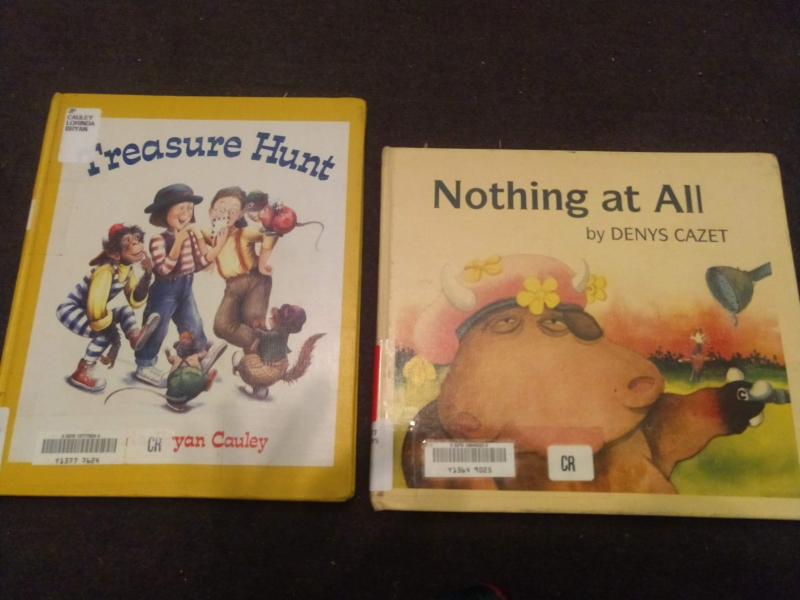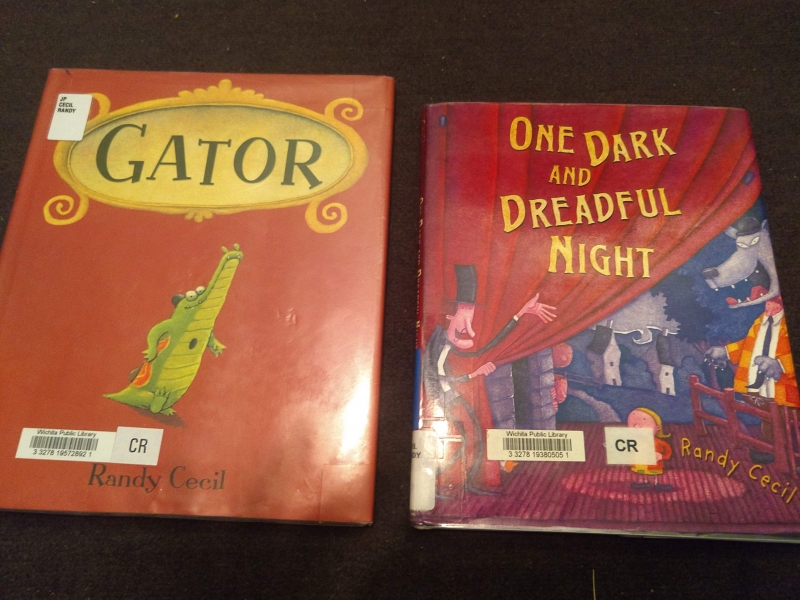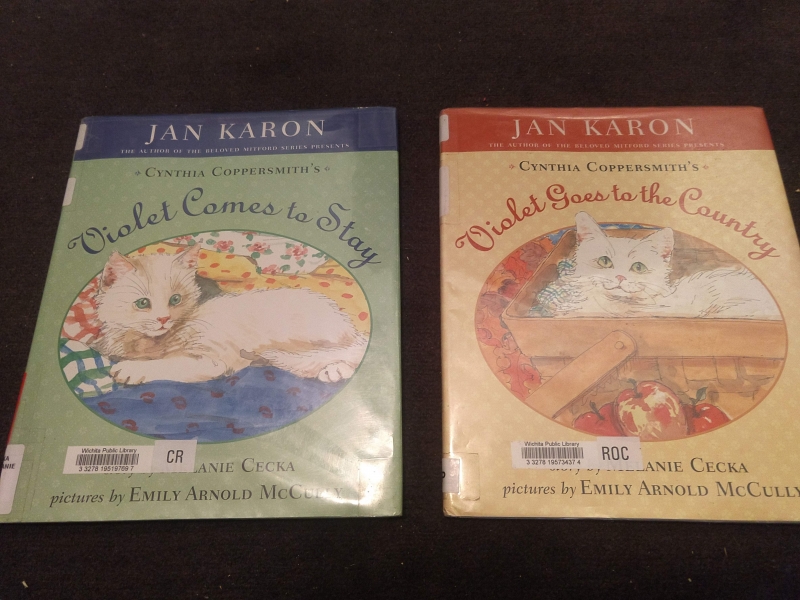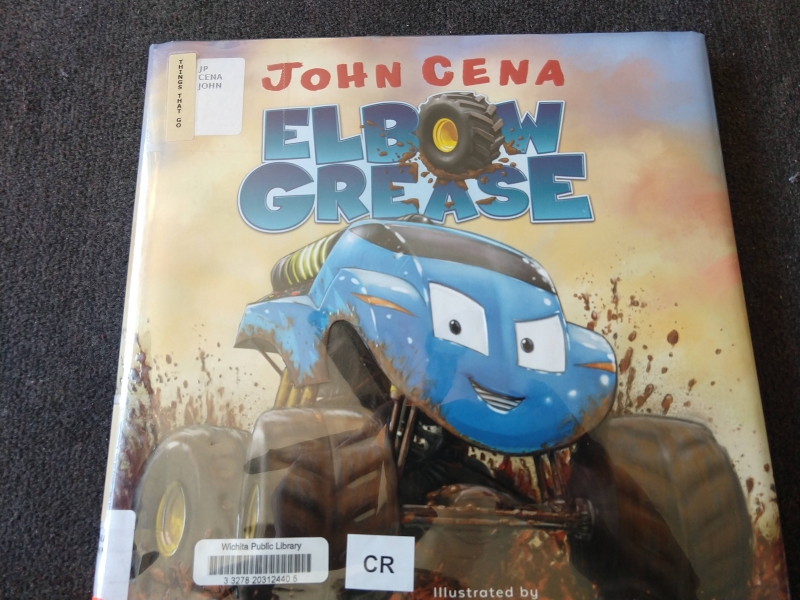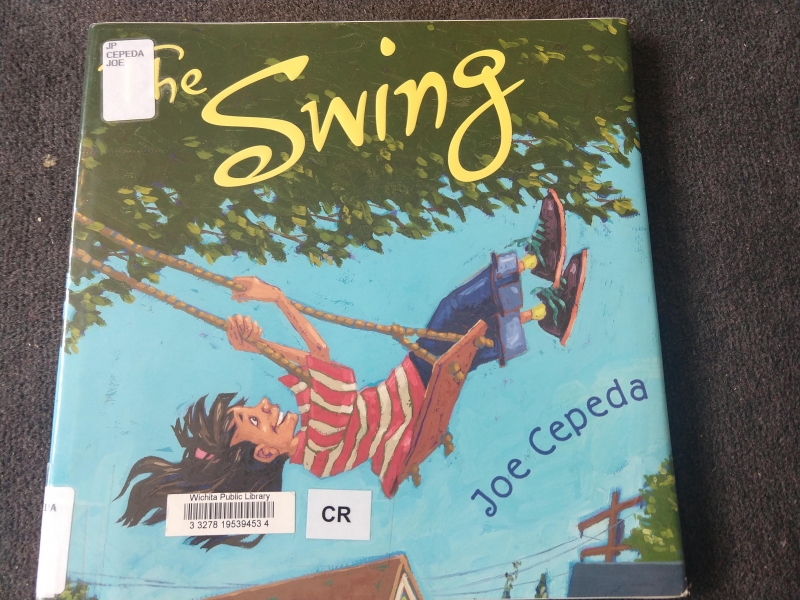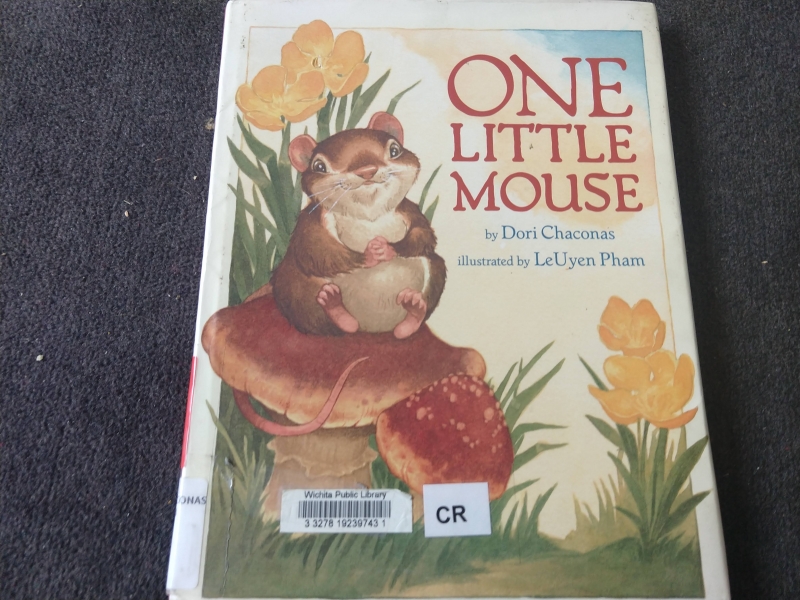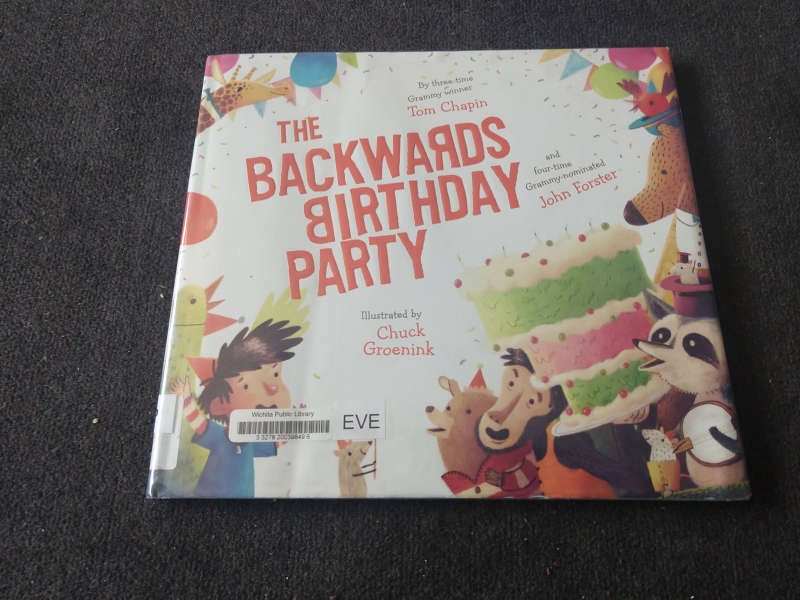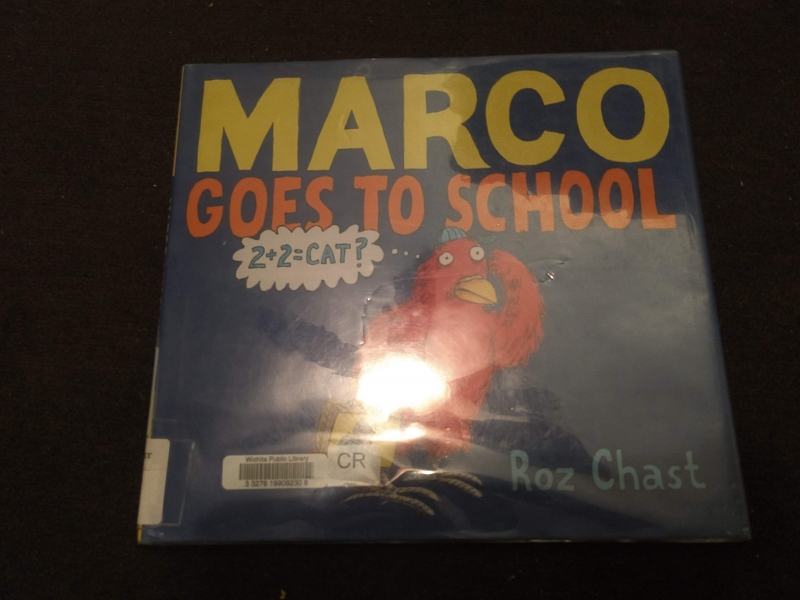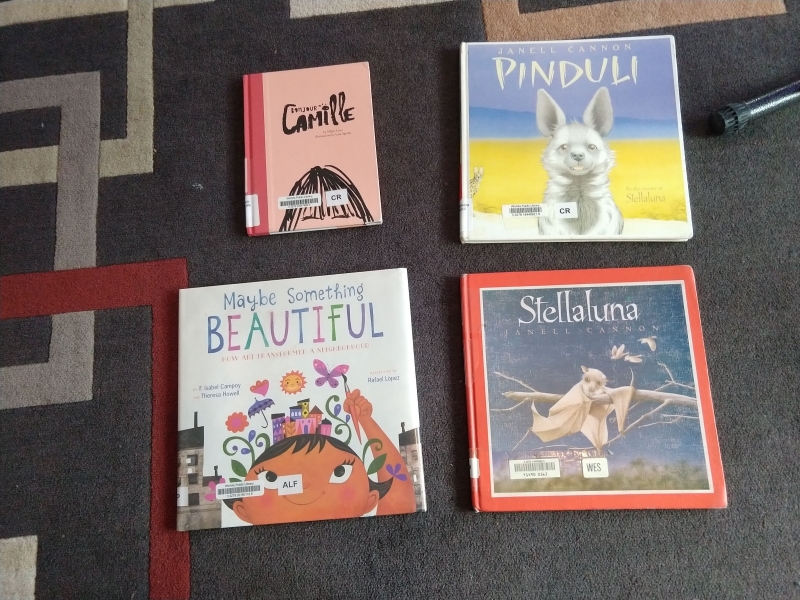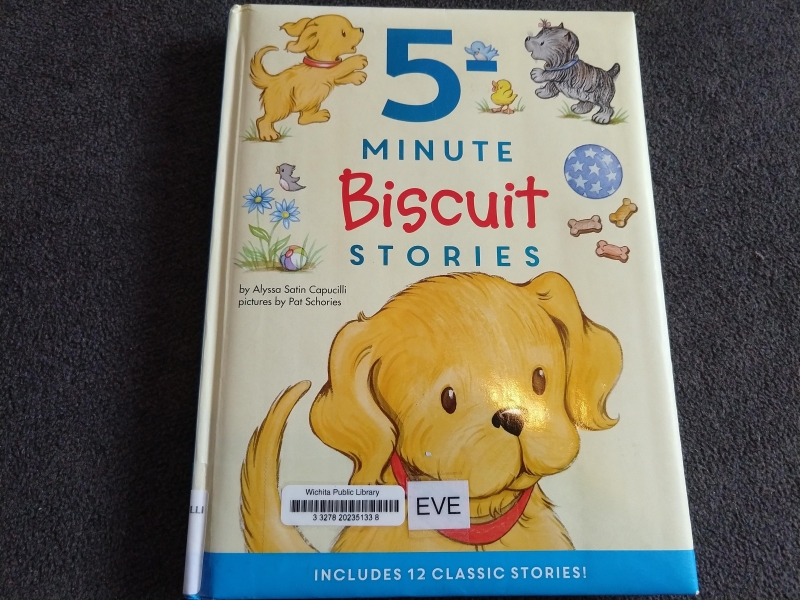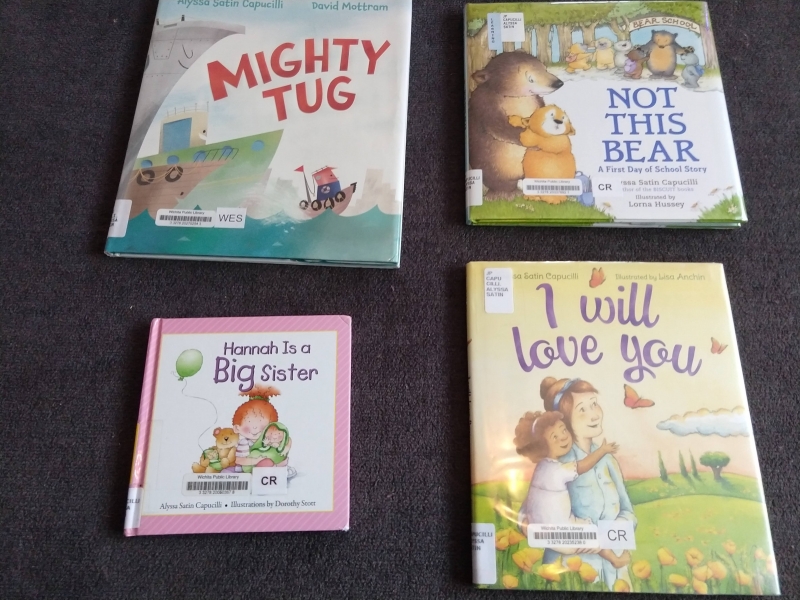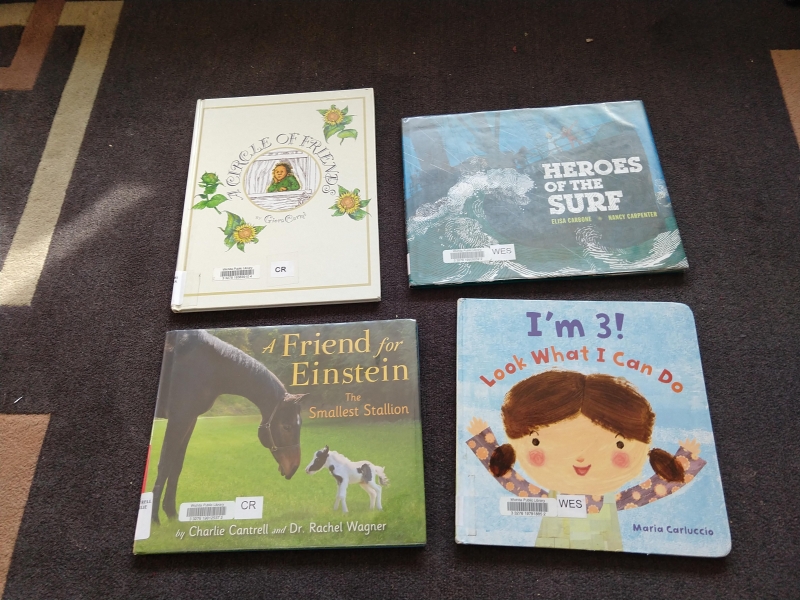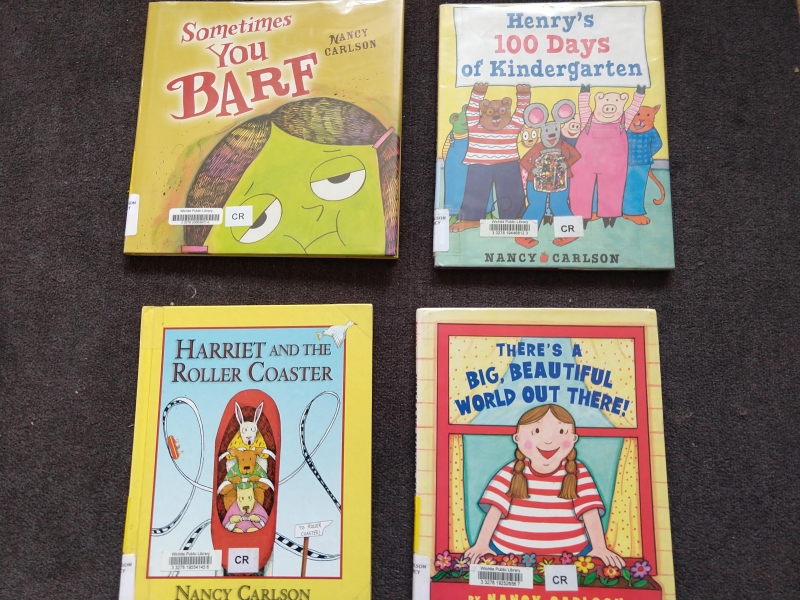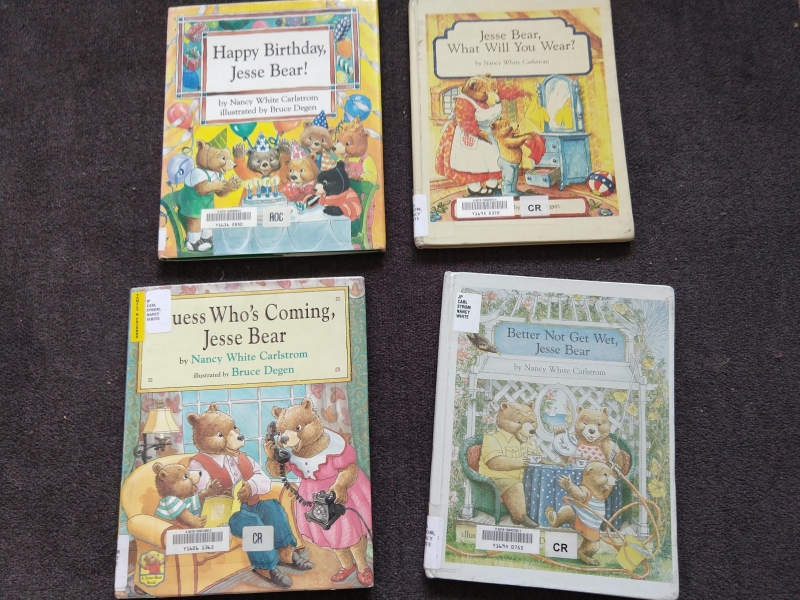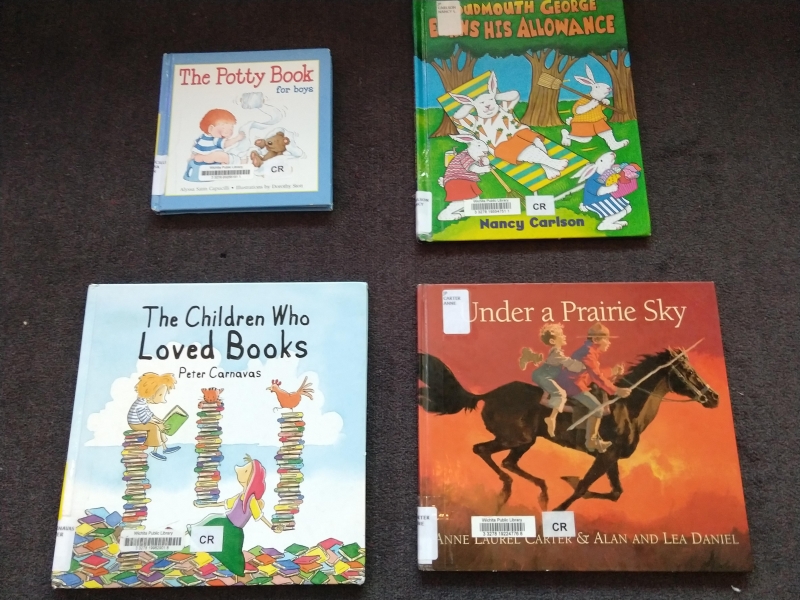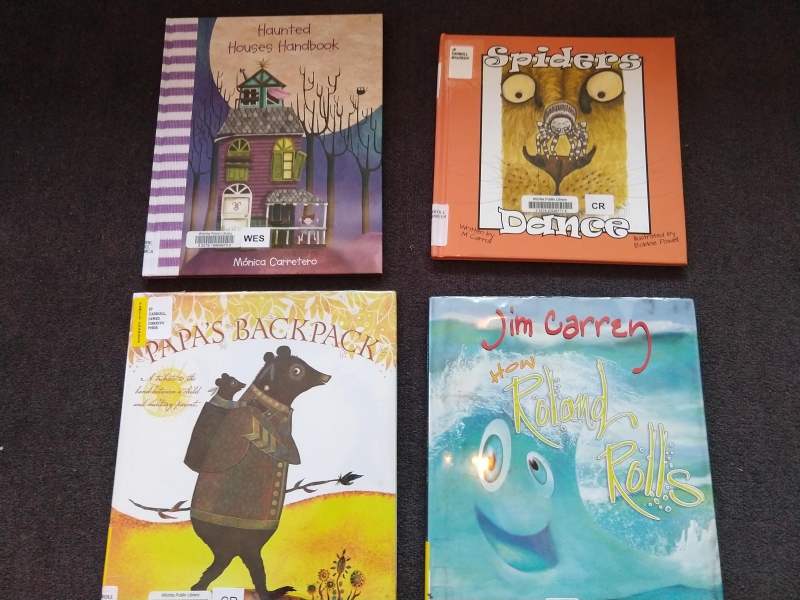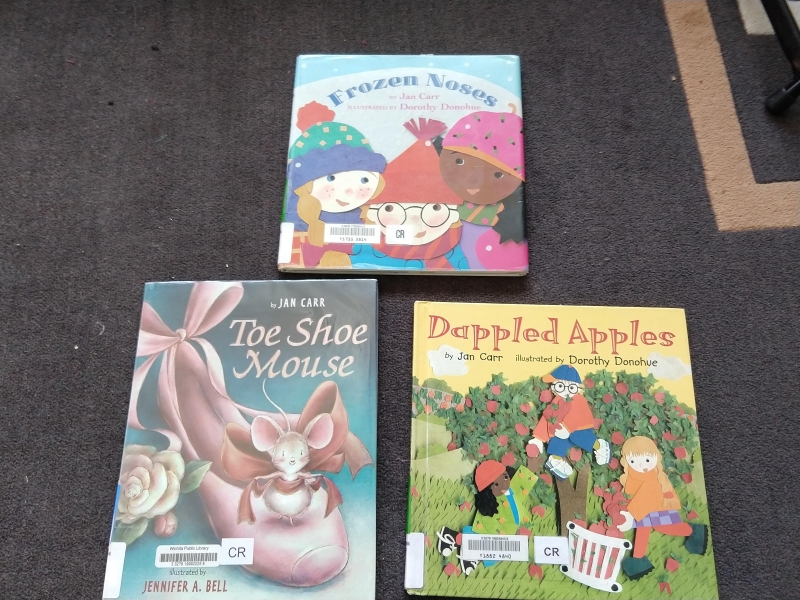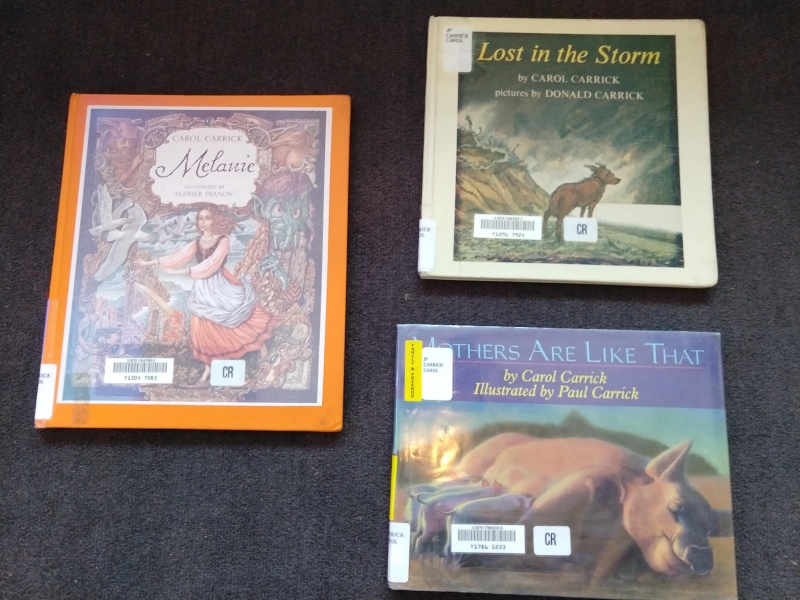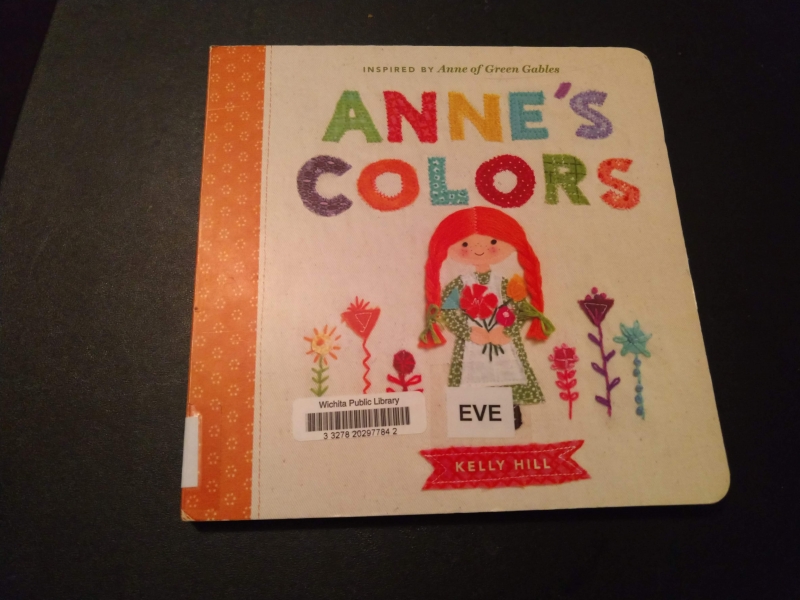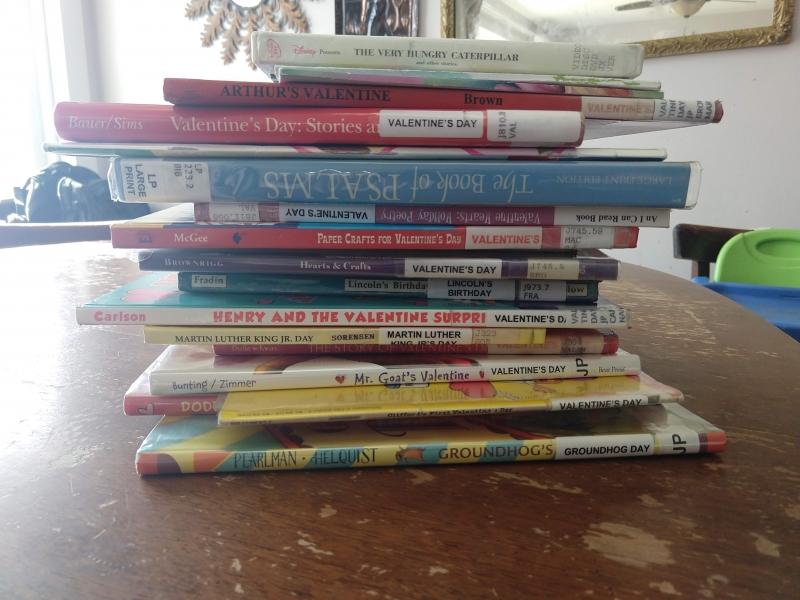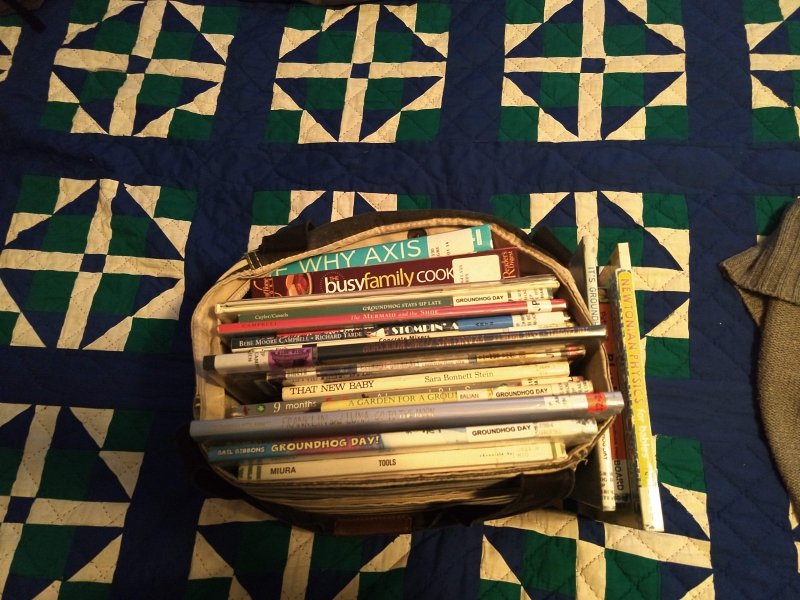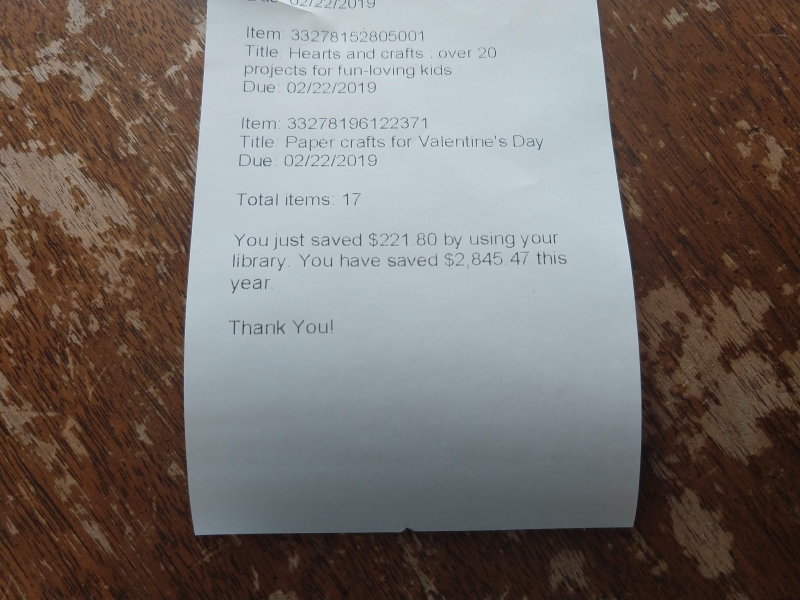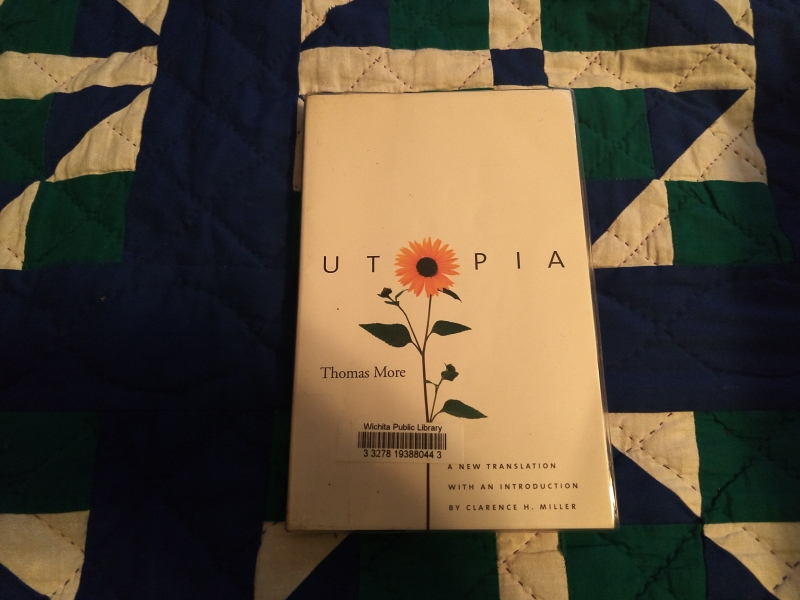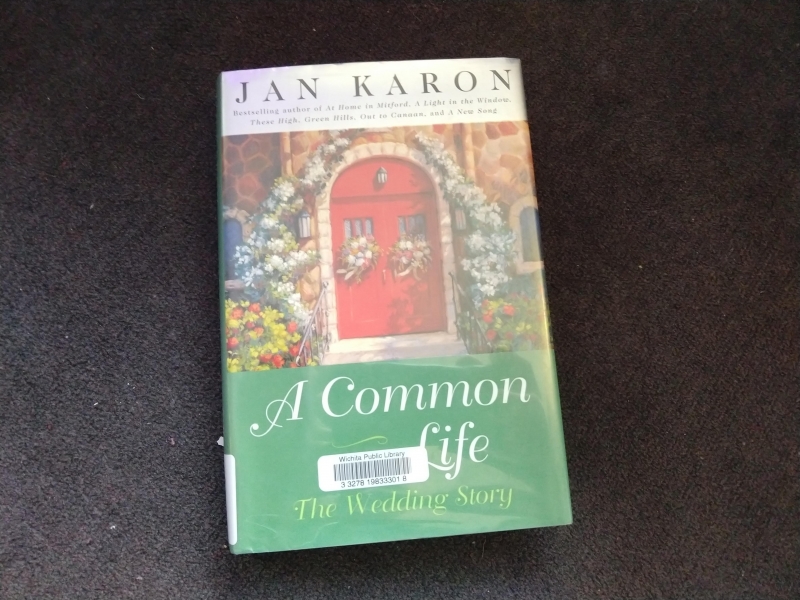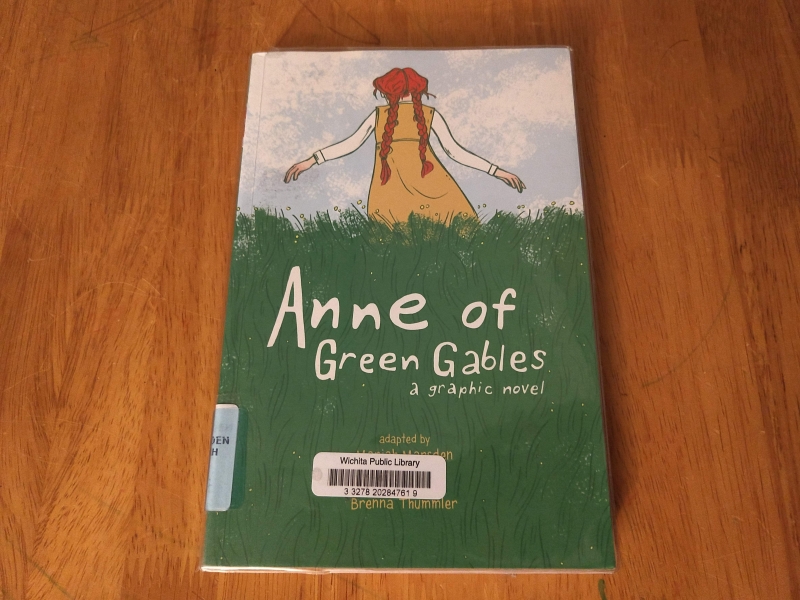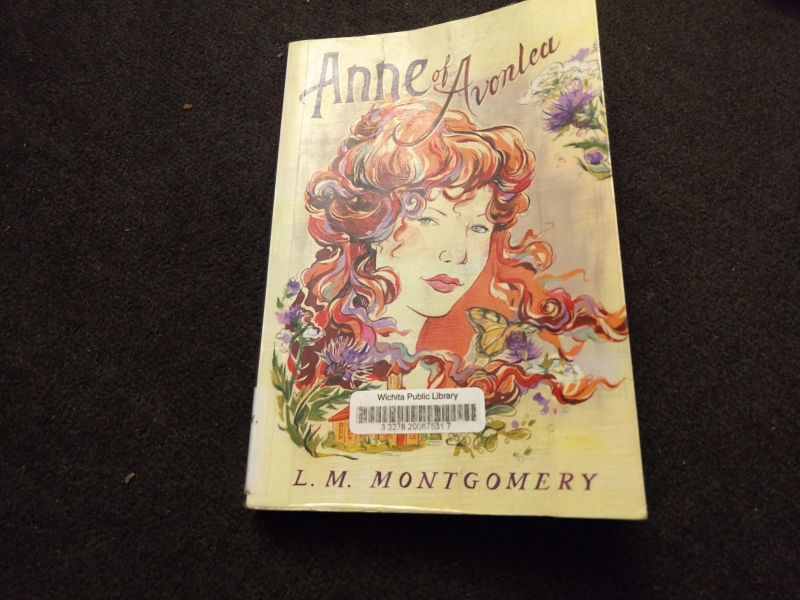Fiction isn’t the only thing we consume here at Prairie Elms – in fact, if anything, my kids are more avid consumers of nonfiction than anything else. I force them to read my fiction picture books while they clamor to read more about whatever their current topics of choice are. When we go to the library, the kids overwhelm me for requests for “another baby book”, “another truck book”, whatever.
Baby Books:
Tirzah Mae’s obsession with pregnancy and birth continues unabated.
- Before You Were Born by Ann Douglas, illustrations by Eugenie Fernandes, photographs by Gilbert Duclos
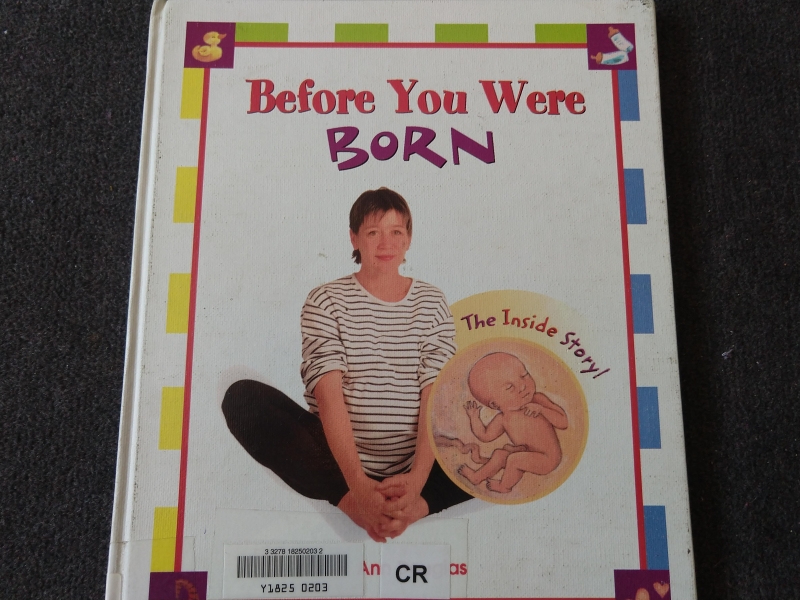
Written in second person (as in the title), this describes what a baby does inside the womb – and includes little “experiments” for children to do to get a feel for what life was like in the womb. The photographs are pretty 90s (this was published in 2000), but the information is solid. Good for someone who wants to discuss what’s happening during pregnancy without getting into the mechanics of reproduction or anything to sciencey (like many of the other books that discuss fetal development do). Warning: the cover of this is terrible. - Twin Tales: The Magic and the Mystery of Multiple Birth by Donna M. Jackson
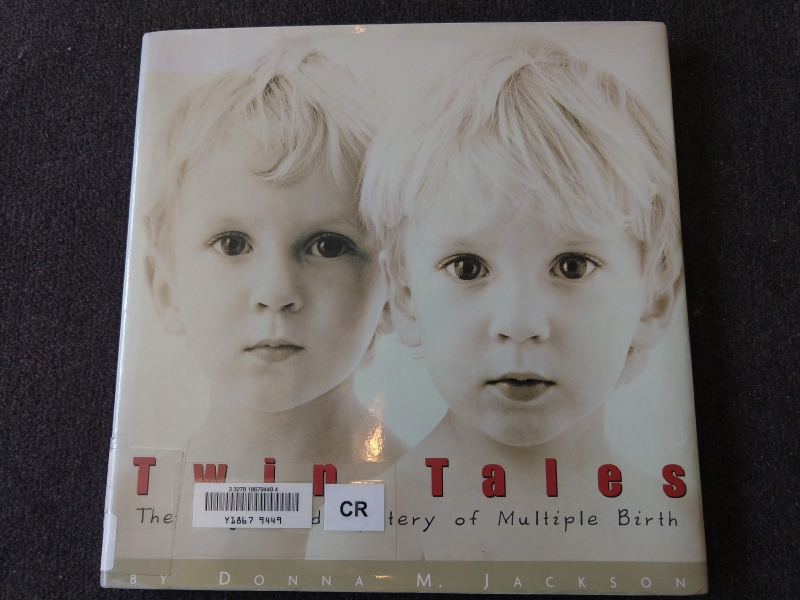
An interesting book about multiples, featuring lots of profiles of multiples. This is not an early reader’s book. You’ll want to read it in sections if you’re reading to younger children. - Welcome with Love by Jenni Overend, illustrated by Julie Vivas
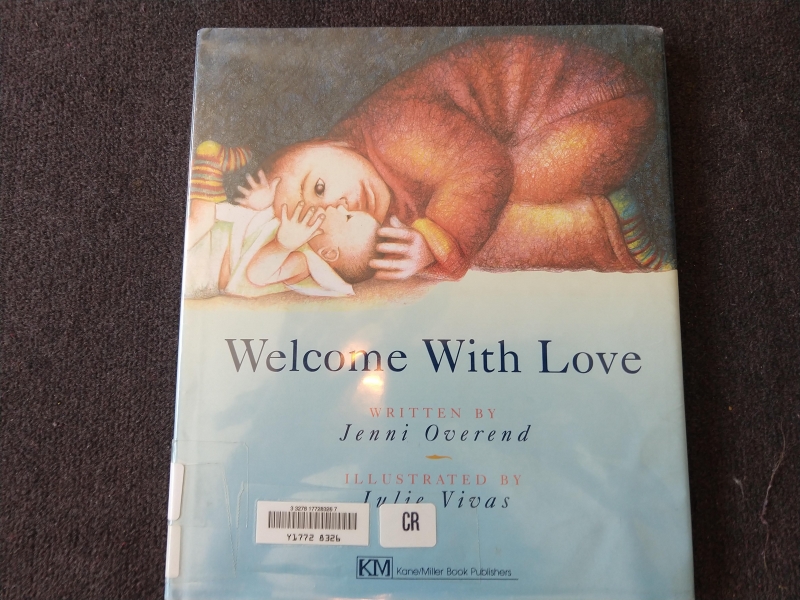
A little boy narrates what’s happening as his mother gives birth to his baby brother at their home in Australia. This features homebirth, children present at birth, and cosleeping. The illustrations are well-done – but they do depict a woman giving birth (baby emerging from between legs, bare breasts, baby’s penis, etc.) Really a lovely book – but some may find it a bit much. - Drugs and Birth Defects by Nancy Shniderman and Sue Hurwitz

Ugh, ugh, ugh. Scare tactics galore. Dated photos and language. Very “just say no”. But Tirzah Mae is all about fetal alcohol syndrome after Daniel and I did a series of webinars on it for continuing education for our foster home. And this is what the library has on the topic. So I read it and reread it and reread it again. - Baby on the Way by William Sears, Martha Sears, and Christie Watts Kelly, illustrated by Renee Andriani
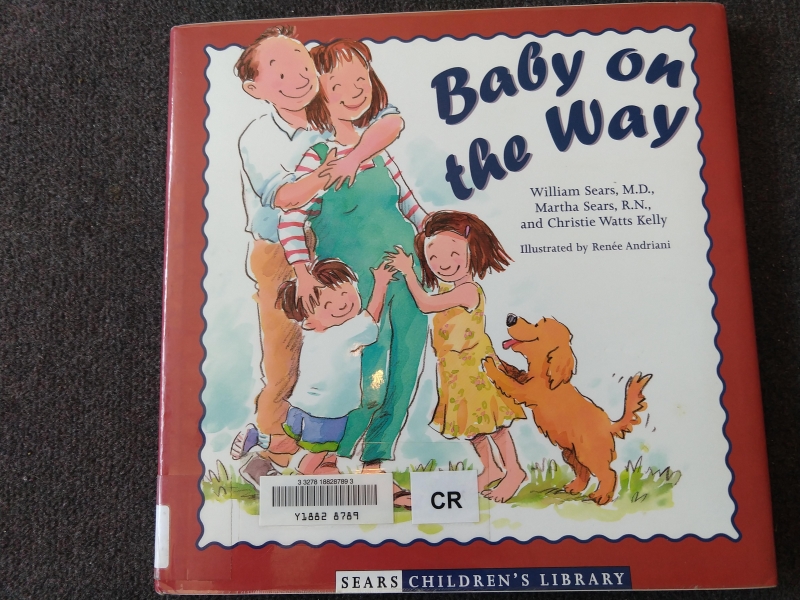
A “what to expect when mama’s pregnant” book that (thankfully) doesn’t focus on jealousy. This is a little more comprehensive than most of this genre since it explains what to expect both before, during, and after the baby comes (mama may be extra tired during pregnancy, her belly will get bigger and her lap smaller, she’ll probably go to the hospital to have the baby, she’ll breastfeed and you might be able to hold the baby, etc.)
Giraffe Books:
Louis’s current favorite animal is (without a doubt) the giraffe – so we picked up some books about them (of course!)
- Giraffe by Anders Hanson
Very simple and straightforward – just a couple of sentences per page. - Giraffes and Their Babies by Marianne Johnston
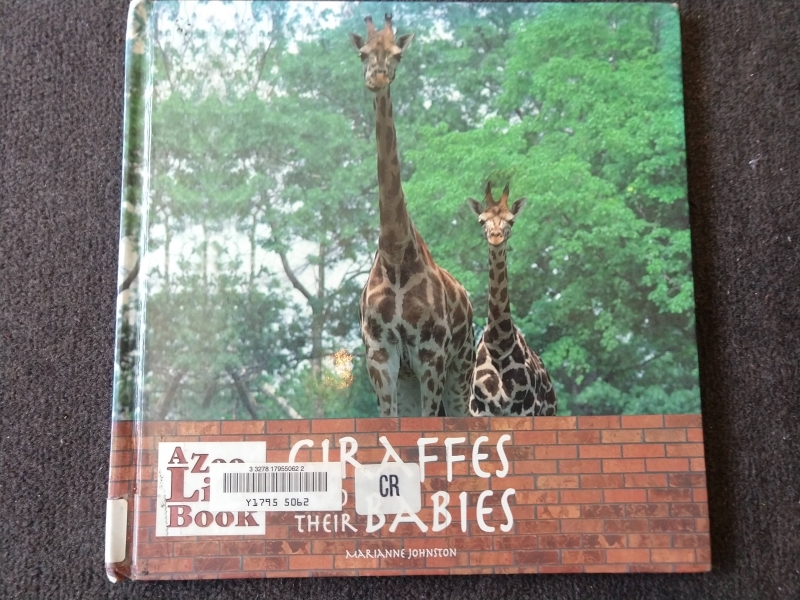
Straightforward picture book nonfiction – double-page spreads that could stand on their own (but at 24 pages, the book is short enough to be read aloud easily in one sitting), full-page photographs, and a glossary and index in the back. Unlike many nonfiction books of this type, this is graphically uniform and not unpleasant to look at. - Giraffes by Patricia Kendell
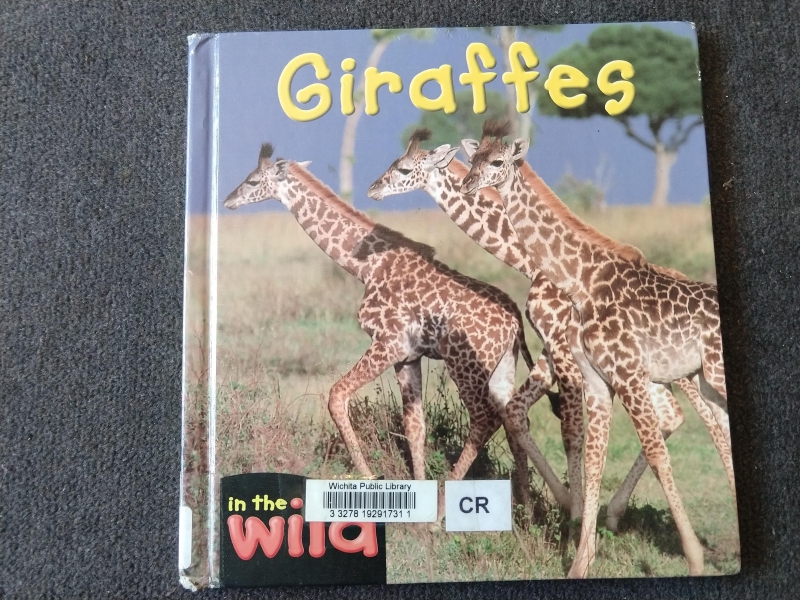
Similar to Giraffes and Their Babies except even fewer words per page. The graphics are a bit busier but not at all nightmarish. - Giraffes by Emily U. Lephthien
Slightly longer chapters than the rest of the books in this category. The graphics are also slightly more busy than all the rest.

Health Books:
- Let’s Talk about Down Syndrome by Melanie Apel Gordon

There are ten photos in this book. Of those, only three depict a child with Down Syndrome. Instead they show a stock photo of ordinary kids with captions like “The doctor listens to this girl’s heart just the way he listens to the heart of a child with Down syndrome”. Seriously?
Truck Books:
- I Drive a Dump Truck by Sara Bridges, illustrated by Derrick Alderman and Denise Shea

Large text gives a narrative (“Henry” describes his truck and what he does with it) while smaller text in call-out boxes give additional information related to the narrative. The illustrations are simple, pleasant, and engaging. I could see this being classified either as nonfiction (as in my library) or in the general picture books section.

